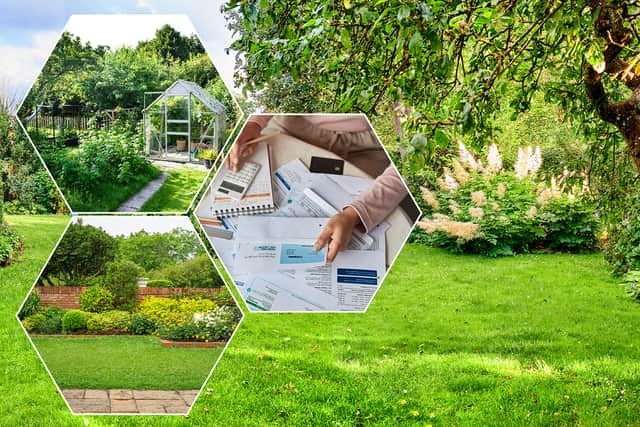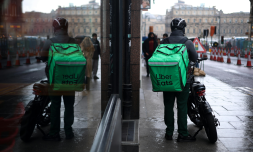Experts from the University of Sheffield say that British homeowners should be given financial incentives to preserve green spaces as it would be more beneficial to wildlife and the environment.
UK scientists have recommended that eco-friendly gardeners should be given a cut in their council tax, following new research uncovering that cities may have lost as much as 50% of their green garden space over the past two decades.
The move has been put forward in an effort to tackle a recent rise in plastic grass and paving, which exacerbates flooding and contributes to increasing urban temperatures (because plants help cool the air around them) and biodiversity decline.
As suggested by landscape horticulture experts from the University of Sheffield, policymakers should offer financial incentives such as council tax or water bill discounts to encourage British homeowners to use environmentally-sensitive techniques to help combat climate breakdown and boost communities’ health and wellbeing.
Well-planted gardens were said to offer a quality habitat for wildlife, as well as improvements to air quality and human health.
They also provide people with opportunities to grow their own food, connect with nature and reduce energy bills by better insulating homes.

‘Gardens account for 1/3 of all our urban areas and are vital spaces in terms of keeping our buildings and city environments cool in summer, absorbing rain to avoid flash flooding and providing an important refuge for wildlife,’ said Professor Ross Cameron, author of the study, which was published in the journal Urban Forestry and Urban Greening.
‘Gardens need to be green and full of plants to be beneficial to the local environment, and some types of garden are more beneficial than others.’





















